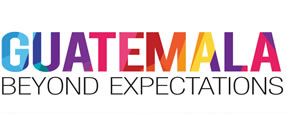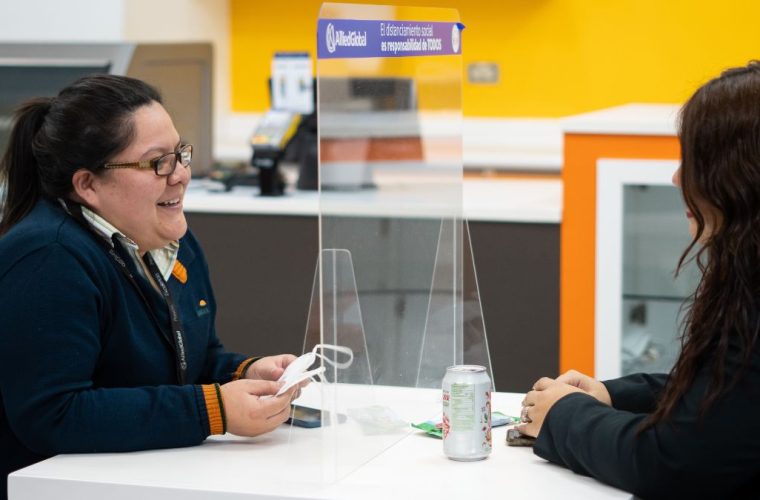Guatemalan girls and adolescents find empowerment in science and technology
More than 2,000 girls and young women from Central America responded to Microsoft’s call to participate in the annual DigiGirlz program; a regional initiative that seeks to encourage and motivate the technical education of girls and adolescents, consolidating a source of talent to face the challenges of globalized economies in the Science, Technology, Engineering and Mathematics (STEM) industry.
In the world only 35% of STEM students in higher education are women, according to the UNESCO report. In the software industry, female representation does not usually exceed 10%.
The technology industry suffers from a marked underrepresentation of women, a problem that concerns organizations around the world, because technological solutions and tools must serve all possible perspectives of a society. There is evidence that diversity is a trigger for creativity and innovation, and DigiGirlz aims to tackle this problem at the root.
In its twelfth edition, held virtually in Panama, Costa Rica, Honduras, Guatemala and El Salvador, the program trained young people from ninth to twelfth grade for an increasingly digitized world, fighting against the gender gap in more technical careers. The workshops were specially designed to provide young women with the opportunity to learn and develop STEM skills, and to equip them with the curiosity and skills that will serve them well in the era of the Fourth Industrial Revolution.
Since 2010 when the program began, more than 15,000 Central American girls and adolescents have been part of this annual day of development in technological skills and talks, and learned hand in hand with expert women and leaders in their field, about topics related to Artificial Intelligence, App Development and programming with code.
The DigiGirlz experience
Microsoft seeks to connect with professional women working in the industry, as well as leaders of large organizations with inspiring stories of success in the field of science, technology and mathematics.
“At Microsoft we are committed to having a positive impact in Guatemala and contributing to the construction of a digital and technological society in an inclusive manner. We are convinced that DigiGirlz is a good way to create a bond that allows Guatemalan girls and young women to continue working in the field of technology and generate projects with greater impact that can help more people in the world”, concluded Roberto Marroquín, Microsoft Country Manager in Guatemala.












